Berlin 2011
Participative Strategies
31 October – 1 November 2011
A conference with COMCOL (the ICOM international committee for collecting) and ICOM-Europe
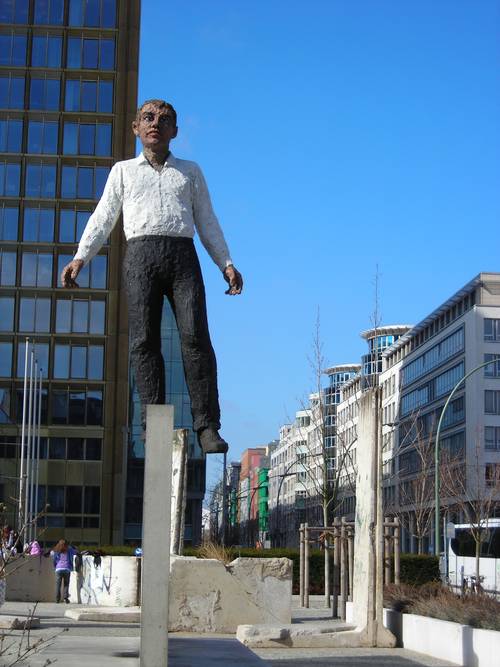
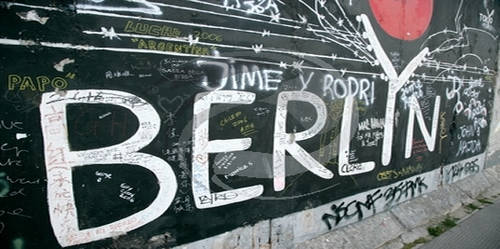
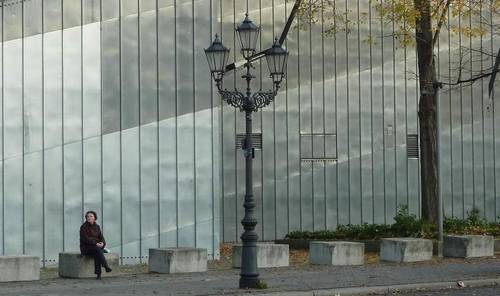
Our joint meeting took place at the Dahlem museum complex on Landstrasse, Museum Dahlem
CAMOC then moved on to the Kreuzberg Muzeum www.fhxb-museum.de , the Bookshop Pro qm www.pro-qm.de , and finally IFAU (the Institute for Applied Urbanism) www.berlin.heimat.de
The conference programme can be downloaded here.
Conference Theme: Participative Strategies
Documenting the past is never straightforward. Whose truth are we telling and who is doing the telling? What do we document and why? It is inevitably a selective process to capture traces of a world no longer with us. Yet, if documenting the past is problematic, how does a city museum document the present? The present is now, it is all around us and we are active participants in a drama which is constantly changing. How do we know what is significant today, and will be significant for future generations? How do we select and, then, how do we preserve and manage what we select? Cities are not only artefacts we can see and touch: they are complex environments made up of people who are in a constant state of change–a mix of the tangible and the intangible, of buildings, spaces, power, wealth, poverty, ideas, innovation and energy.
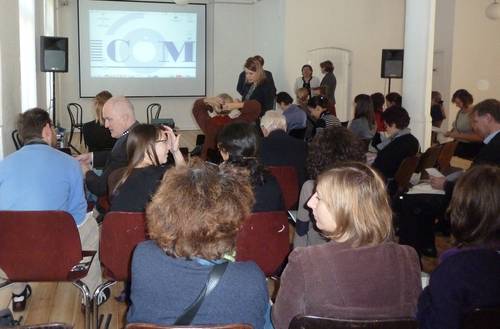
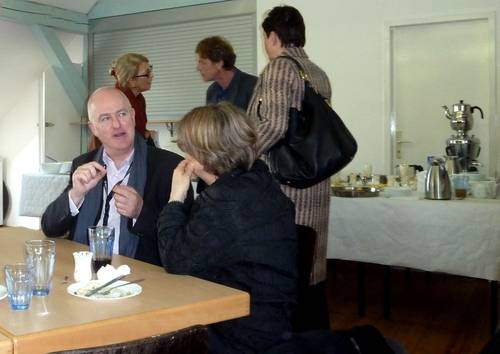
What are the criteria for city museums when they collect and document the city today? The relative permanence of the tangible or the fluidity of the intangible? Where do they place their priorities? And by what means and with what aims do they document and collect? Then, there is the concept of the city museum as an urban forum enabling people to share their experiences and help shape their city, and indeed the museum itself.
The Internet has served to accelerate social change. We now have a remarkable range of information technologies at our disposal and many of us, though very far from all, live in societies where participative democracy is the norm. We are less willing to accept received opinion, we question authority more, we are our own history. What are the implications for a museum about a city? Can we have a participative museum? If so, what is it, or what should it be?
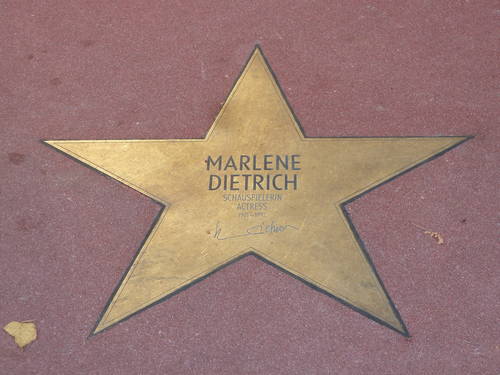 Ich hab noch einen Koffer in Berlin
Ich hab noch einen Koffer in Berlin
To address these questions, we proposed three broad conference themes:
1. Capturing urban change: the engagement and involvement of citizens in collecting and documenting the changing city around them; the media used for creating, sharing and connecting people; the different strategies and priorities used in different city museums.
2. Recording and celebrating the experience of city people with a special emphasis on the experience of migrants to cities: memories, ideas, knowledge, spirit and feelings, testimonies expressed in writing and art, and much else.
3. Reflecting on urban policy and regeneration projects: what determines urban success and what is the impact of urban crisis and decline (for example, natural disasters or social upheavals), and the roles of city museums in this debate.
Berlin ist arm, aber sexy Klaus Wowereit, Mayor of Berlin 2004